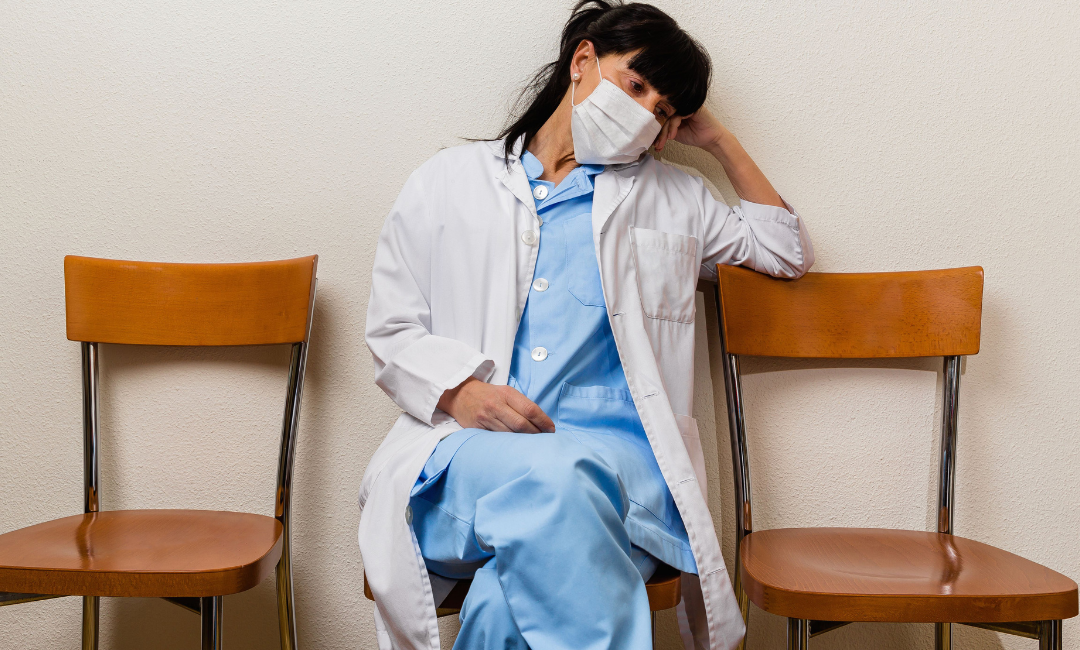Who Do Correctional RNs Care for?
This might seem like a strange question to start this with.
But, it is vital to get this perspective first.
As health professionals, our role is to care for patients’ medical and psychiatric needs, not to pay any attention to their legal status.
Do you know the legal status of the patients you care for in hospitals or at home? Probably not.
We are, in essence, looking after a small subset of the community.
By looking at statistical data, the health of the incarcerated population is much poorer than the community at large:
- 40% of all incarcerated patients have a chronic medical condition.
- 64% have mental health disorders
- 65% have substance abuse or an addiction to drugs/alcohol.
Correctional healthcare has often been described as “public health intensive care.”
Deaths in jails and prisons do occur, and the correctional RN’s focus is trying to prevent as many of these as possible.
Jails and prisons differ in the statistics as to cause of death, as jails see suicide and illnesses such as heart disease and cancer followed by intoxication, whereas prisons show higher rates of illness-related deaths.
However, COVID-19 has severely impacted both prison and jail systems.
To illustrate, imagine selecting 300 people or so, bringing them into a stadium (or other close-quartered facility), and you along with a very small team of others overseeing their health needs.
Every medical condition that you have studied to date is a possibility when working as a correctional RN, and you must keep everyone safe from one another. As you can imagine, this can be increasingly difficult during a global pandemic.
Following, there is a high turnover of patients, especially in county jails where people are held for sometimes a matter of hours, and others, for years.








